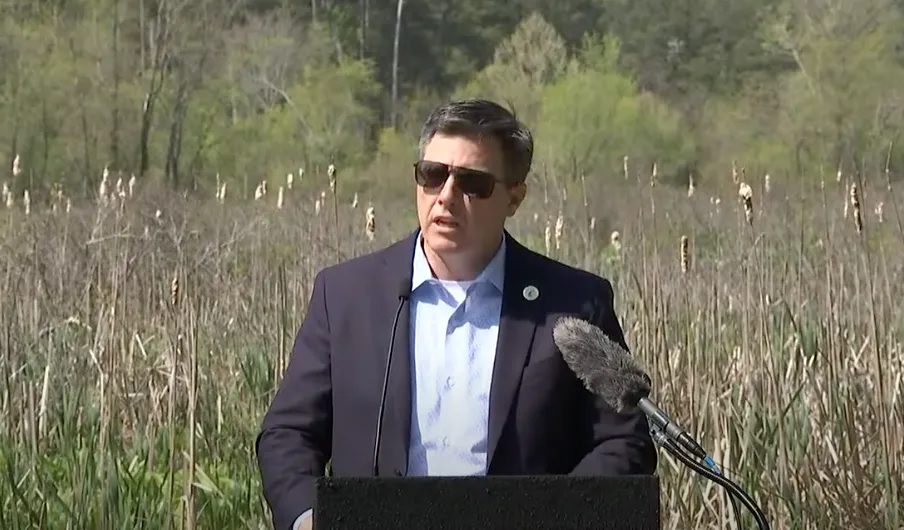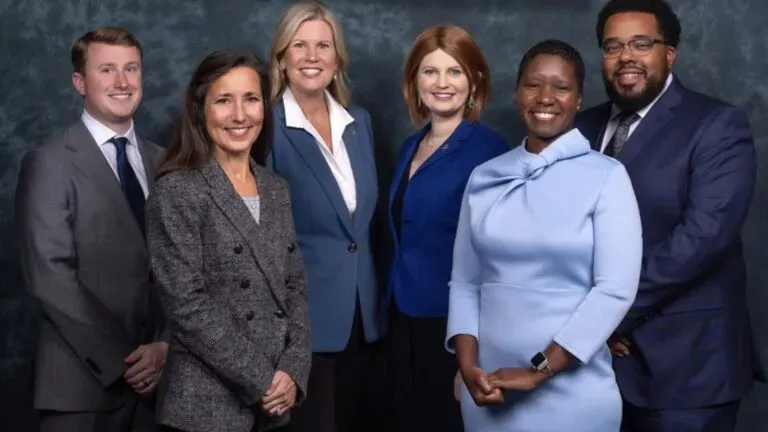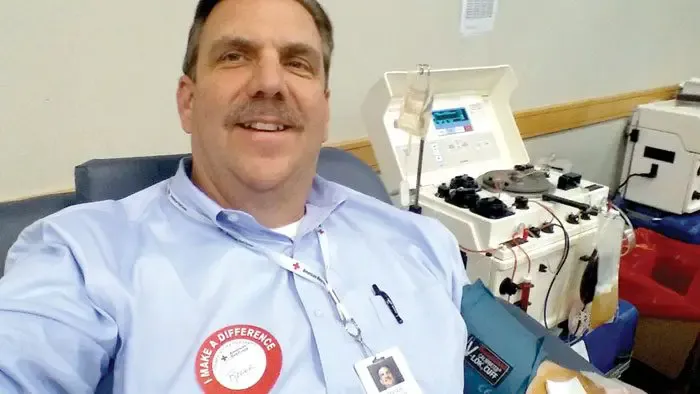Related

Urban Air opens in Henrico
Urban Air Trampoline and Adventure Park celebrated its grand opening April 12 in Henrico with a ceremony attended by company officials, Three Chopt District Supervisor Misty Roundtree (pictured, at left) and community members. The new facility, located at 10050 West Broad Street in Glen Allen in a structure that once
Click here to read more
Henrico’s Tuckahoe Creek Park to expand, thanks to land donations
The next phase of Henrico County’s Tuckahoe Creek Park is beginning to take shape, buoyed by the donation of about 30 acres of land by two Henrico companies. The contribution of about 21 acres by The Wilton Companies and nine acres by the nearby Lakewood retirement community will allow
Click here to read more
Milestones: April 15, 2025
Jalen Pierce of Henrico recently was named to the 2024-25 Academic All-District Men’s Basketball Team. He is a student at Wilson College in Pennsylvania. Selected by College Sports Communicators (CSC), the Academic All-District teams recognize the nation's top student-athletes for their combined performances on the court and
Click here to read more
Henrico Schools proposes new ‘bell-to-bell’ cell phone ban
Henrico Schools officials are proposing a change to the Code of Student Conduct that would require middle and high school students to keep their cell phones tucked away, either in their backpacks or division storage containers, for the entire school day. The division’s current cell phone policy requires middle-
Click here to read more
